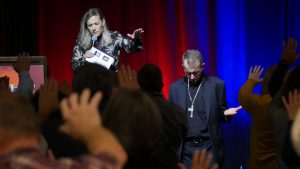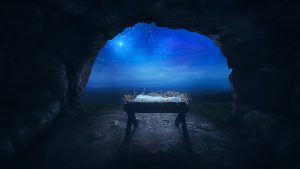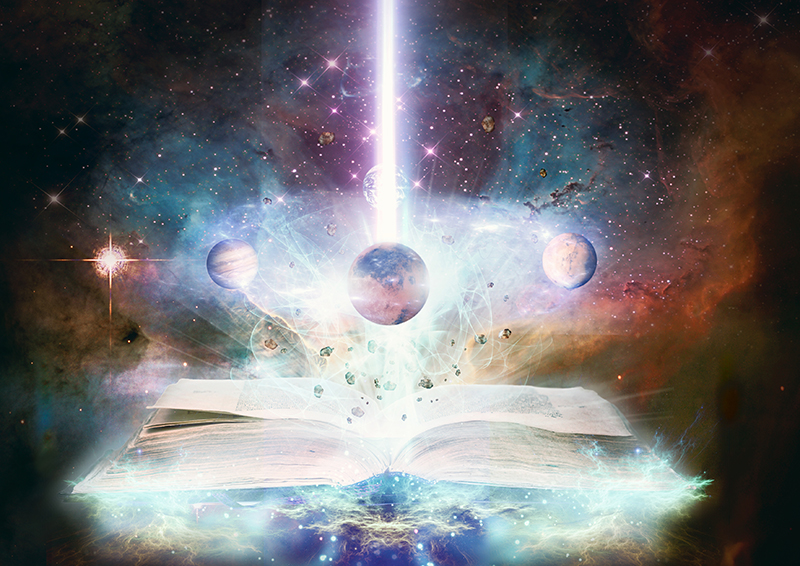
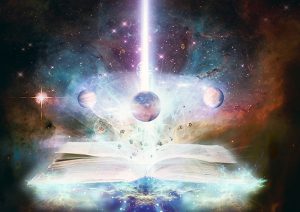 Question
Question
My middle school daughter questions the truth of the creation in light of the discovery of prehistoric animals and Adam and Eve being the first humans because in order for us to exist then incest had to occur. My daughter is a gifted student and loves science, so she has many questions about truth in the bible in light of the facts in science. (submitted on Instagram)
Answer
This is a fantastic question to start off this new column, and I’m particularly excited that it’s coming from a middle-schooler. I’ll offer a few thoughts here, but be sure to check out the link below for additional resources as well.
The short answer is this: despite the common perception, there is absolutely no conflict between what science discovers about creation and what God has revealed to us in the Bible about creation. When science makes a real and accurate discovery about creation, that discovery is a fact, a truth, about the world. And when God reveals something about the world, that revelation, too, is a fact, a truth. And it is impossible for facts or truths to contradict one another.
So why, when it comes to what we read in the first pages of the Bible about the creation of the cosmos, are there so many quarrels about science and religion? Because we’ve accidentally misunderstood the creation accounts found in Genesis 1 and 2.
The purpose of the creation accounts is not to give an explanation that answers the question, “How did the universe begin?” Rather, it is to give an explanation that answers the questions, “Why did the universe begin?” and “What does it mean?” Sciences like cosmology help us answer the first; sciences like theology help us answer the second.
This means that things like the discovery of dinosaur fossils really don’t contradict Genesis, because Genesis isn’t about giving a detailed chronological account of the origin of the species of animals on earth.
Let’s look at what Genesis is about. Many people read Genesis 1 and conclude that, according to the Bible, the cosmos was created in six 24-hour time periods. But we need to remember that this text was written some 4,000 years ago in a completely different culture. That’s not to say that ancient Israelites were ignorant primitives, but rather is a reminder that different peoples write and speak with various styles, genres and idioms that might be lost on peoples from other places and times.
In the case of Genesis 1, the genre is not that of scientific cosmology but of what we might call theological-historical poetry, and it needs to be read according to that style.
What Genesis is trying to tell us isn’t the scientific details about creation, but rather that in creating everything from nothing, God is the ultimate origin of creation. It didn’t originate from various mythical gods tearing one another apart, as other ancient peoples believed, but from a sheer act of powerful, creative love. As such, God isn’t a part of creation—He stands apart from it, as its creator.
Genesis is also concerned to teach us the place of humanity in the cosmos: God saved the best for last, man and woman, the human person. We are the pinnacle of His material world, each of us created on purpose and with a purpose.
Note, too, the structure of the account. Genesis 1:2 states that creation was formless and empty. Then in the first three days we see form given: time (light and day, dark and night), space (the sky and the sea) and habitat (land and vegetation). Then in the next three days each of those “realms” is given a “ruler”: the sun, moon and stars for the light and day; birds and fish for the sky and the sea; and man and the animals for the land.
There is much more that could be said about the purpose of Genesis’ creation accounts, some of which we’ll share in the online resources, but hopefully this gives you a glimpse of why there isn’t really any conflict between theology and cosmology regarding creation (or anything for that matter), because they’re answering different questions: theology is concerned with “why” while cosmology is concerned with “how.”
Be sure to check out the additional resources at sfcatholic.org/answer. If you have a question you need an answer to, email rkranz@sfcatholic.org.
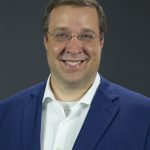 Chris Burgwald holds a doctorate in theology and is the director of Adult Discipleship and Evangelization for the Diocese of Sioux Falls.
Chris Burgwald holds a doctorate in theology and is the director of Adult Discipleship and Evangelization for the Diocese of Sioux Falls.

